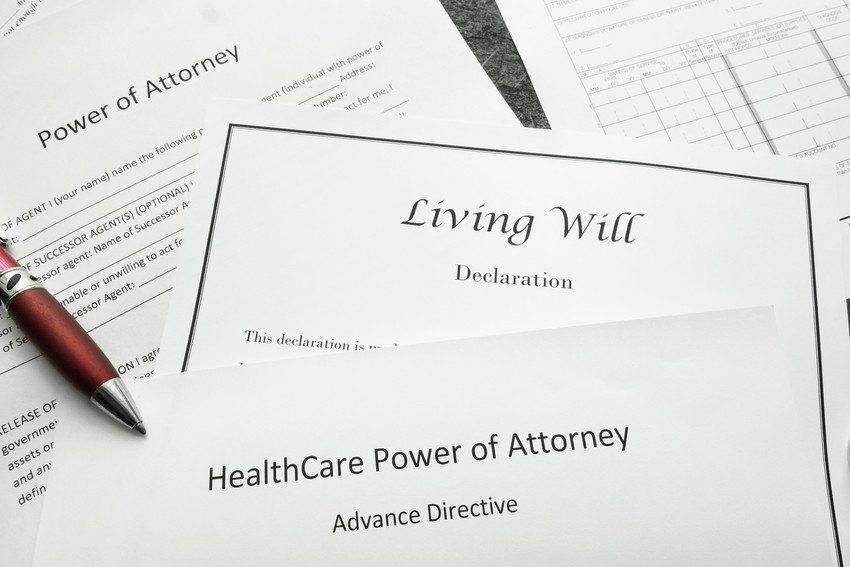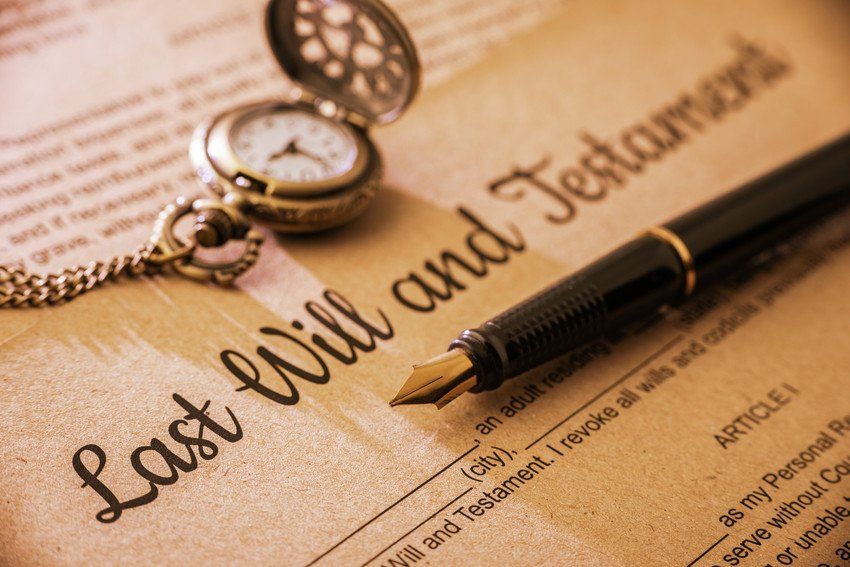6 Things You Didn't Know About Power of Attorney in the UK

Power of Attorney (POA) is a legal document that allows someone to make decisions on your behalf if you become unable to do so. While many people are familiar with the concept, there are several lesser-known aspects of POA that are worth exploring. In this blog post, we will shed light on six things you may not know about the power of attorney in the UK.
Different types of power of attorney
In the UK, there are two main types of POA: Property and Financial Affairs, and Health and Welfare. The former grants an appointed person (known as an attorney) the authority to handle your financial matters, such as managing your bank accounts and paying bills. The latter allows the attorney to make decisions related to your health and welfare, including medical treatments and care arrangements. It is crucial to understand the distinction between these two types and choose the one that best suits your needs.
The importance of choosing the right attorney
When selecting an attorney, it is crucial to choose someone you trust implicitly. This person should be competent, responsible, and willing to act in your best interests. While many people appoint family members, it is essential to consider their availability and ability to handle the responsibilities. Additionally, it is advisable to name a substitute attorney in case the primary attorney is unable or unwilling to act when the time comes.
The role of mental capacity
Granting someone power of attorney requires you to have mental capacity. Mental capacity refers to your ability to make sound decisions for yourself. It is crucial to set up POA before any decline in mental capacity, as it may become more difficult or even impossible to do so afterward. Seeking legal advice early on can help ensure that you have the necessary documentation in place.
Registering power of attorney
To make the power of attorney legally binding, it must be registered with the Office of the Public Guardian (OPG). The registration process involves a fee, and it can take several weeks to complete. Registering the POA ensures that it is valid and recognized by institutions, such as banks and healthcare providers. Failing to register may result in complications when the attorney needs to act on your behalf.
The limitations of power of attorney
While the attorney holds significant decision-making power, there are certain limitations to what they can do. For instance, they cannot make or alter your will, vote on your behalf, or consent to marriage or divorce on your behalf. Understanding these limitations is crucial to avoid any misunderstandings or potential misuse of power.
The end of power of attorney
Power of attorney ends when the person who granted it passes away. After death, the attorney no longer has any legal authority to act on behalf of the deceased. Instead, the executor of the deceased's will takes over the responsibility of managing their affairs. Understanding this transition is essential for ensuring a smooth transfer of responsibilities.
The experienced power of attorney solicitors at Almy & Thomas Solicitors can help you arrange your affairs or the affairs of a friend or relative with tact and professionalism. For expert legal assistance, get in touch today.







